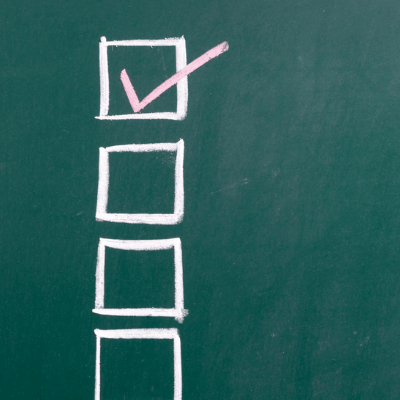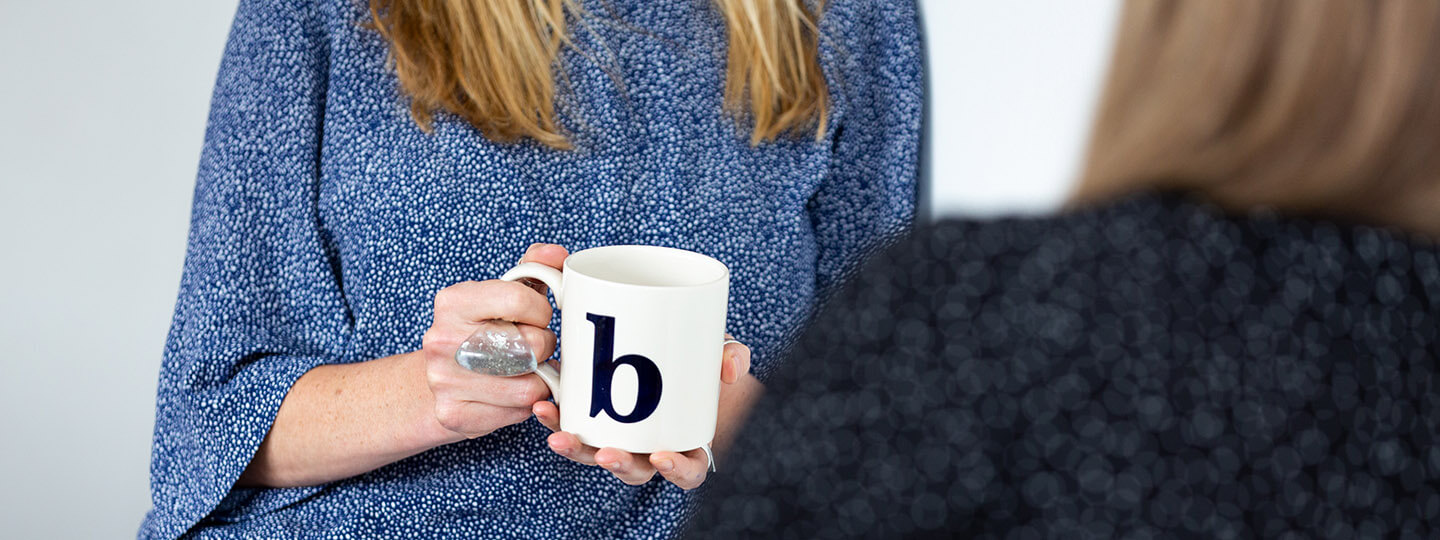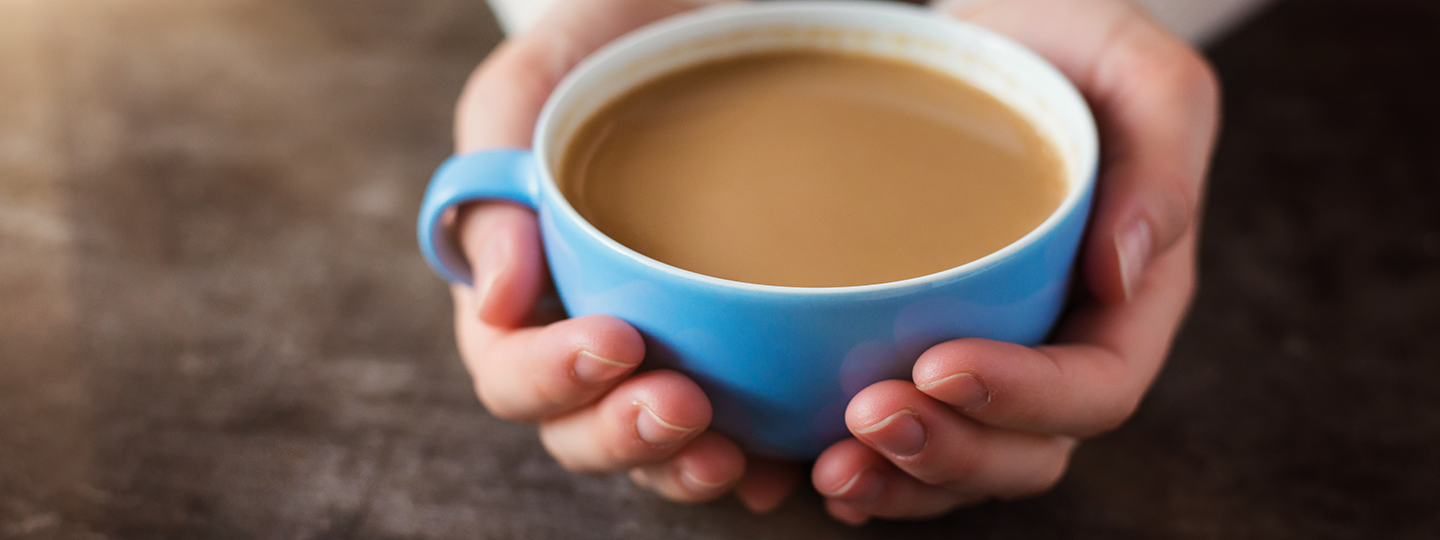School leadership: Self-care
School leadership: Self-care
Tuesday, 11 October 2022
There are many reasons why self-care can drop down the list of priorities for school principals.
Multiple roles, busy lives, competing demands can extinguish our best intentions. However, if we want to encourage students and staff to mind their mental health, it is important to act as a role model in minding our own mental health and wellbeing.
Here are five practical ways to begin to consider your own self-care strategies:
1. Find connection
Relationships are central to self-care. Finding connection with your peers and colleagues you can trust is important. For many in education, these connections can come from shared learning with like-minded people in similar roles. There is an opportunity to connect over a love of teaching, a desire to learn or simply, a safe space to talk.
Accept that it is OK to be vulnerable and ask for help. We so often encourage students to ask for help so we must begin to lead the way.
2. Be open to learning
Be unafraid to learn new ways to lead, to cope, to reflect and to share. There are so many new and innovative ways to transfer knowledge and share learning.
Our online engagement has evolved over the last few months perhaps through necessity rather than desire. However, it opens us up to an evolving world of expertise, experience and information.
Taking the time to build capacity will build confidence and competence.
For more, see our 45 minute ‘Self-care for teachers’ online course:
Self-care course
3. Build routines
Stressful situations can often upset routines, especially the ones that help us recharge our batteries. This could be the walk at lunchtime, the exercise class after work, or even something as simple as cooking dinner with the family.
When we are dealing with competing demands and priorities, we tend to drop self-care activities. Setting out and maintaining your routine, allows you to refocus, recalibrate and, crucially, re-energise.
4. Reflect and refocus
While the new school year will look and feel very different, it provides an opportunity to reflect on the last year and a half.
Giving time and space to think and talk about this will support you to reflect on your own inner strengths and abilities. This is something that can be replicated for your staff and students.
Refocusing the mind can often involve re-framing and changing our language.
Try this exercise
On one side of a page, write, “grateful for:” and list your items of gratitude.
On the other side write, “looking forward to:” and re-frame items you might otherwise avoid. For example, instead of writing, “parent meeting regarding behaviour” write, “a chance to build a stronger connection with a parent through this meeting”.
This daily reflection takes two to three minutes to complete and can help to create a sense of purpose for the day and gratitude for what can be accomplished.

5. Be mindful
Take a breath. The next time one of those stress-inducing emails shows up in your inbox, take a moment, recognise what you feel and allow yourself a few minutes. Making sure our physical response to stress does not affect our emotional response to a situation is critical.
If you have been in a meeting or working on a project for some time, take a moment to stand up, take a deep breath and stretch.
Adding a quick walk during the day for fresh air can help you to think of new ideas to address challenges ahead.
Making self-care a daily routine
Self-care should be an integrated part of our daily lives, rather than something we focus on separately. It shouldn’t be something we feel we need to attend to in the evenings or at weekends.
We often sacrifice self-care for a deadline, meeting, or that other responsibility. However, it is necessary to support us to be healthy and happy. Read more about school staff wellbeing.
For more information, download our Guidance document for school leaders.






